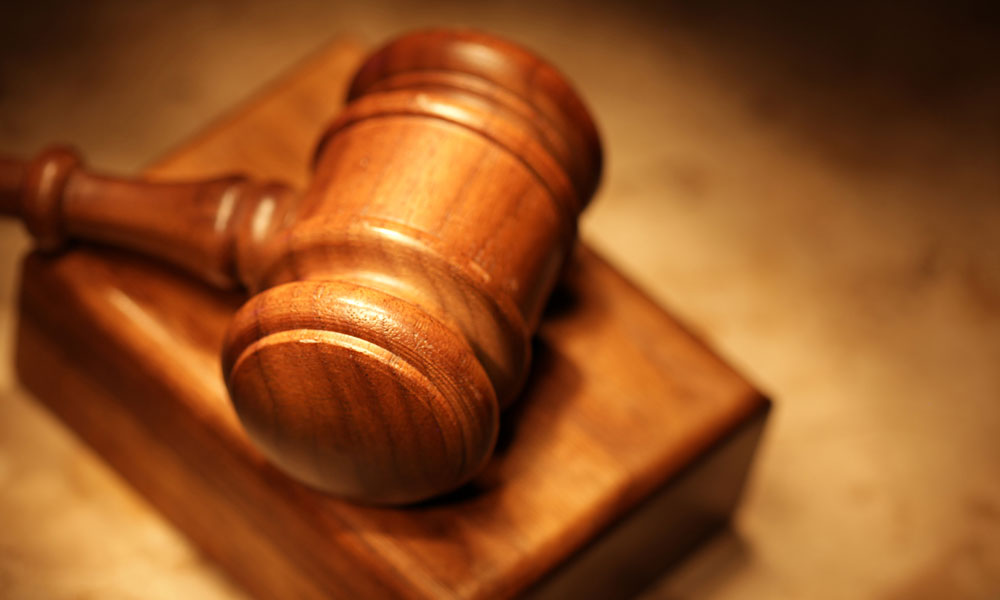
Associations Back Journalist in Case Testing Shield Law
Months after Fox News reporter Jana Winter wrote an exclusive scoop on the Aurora shooting massacre, a court is considering whether to make her testify about her sources under threat of jail time. A number of journalism associations say doing so could have a chilling effect.
With a reporter’s freedom hanging in the balance, a number of associations are speaking up over a case invoking Colorado’s journalist shield law.
A report by Fox News reporter Jana Winter in the days after last year’s mass shooting in a movie theater in Aurora, Colorado, is at the center of the controversy, with Winter under pressure to divulge her sources. But association advocates for journalists and freedom of the press say a court order compelling her testimony could prove damaging to both coverage of the story itself and journalism overall.
More details:
What happened: On July 25, Winter filed a report describing a notebook that alleged gunman James Holmes had written that was reportedly “full of details about how he was going to kill people.” The notebook was sent to a psychiatrist at the University of Colorado. Winter’s exclusive report, published five days after the deadly shooting, quoted anonymous law enforcement sources. During a December 2012 hearing, numerous police officials denied being the source of the leak to Winter, leading to a subpoena seeking Winter’s testimony. Holmes’ attorneys say the case was under gag order at the time of the disclosure and argue that the notebook, which could play a major role in the case, was subject to doctor-patient privilege. Legal proceedings on whether Winter should be compelled to testify have been ongoing since January; the matter is currently under consideration by Arapahoe County District Judge Carlos Samour Jr., who took over the case earlier this month.
Why it’s an issue: Under Colorado’s shield law, the Society of Professional Journalists (SPJ) notes, a reporter does not have to reveal sources unless the information is directly relevant to the case, cannot be revealed in other ways, and the interest of the party seeking the information is more important than that of the journalist or the public at large. (Colorado is one of 32 states with a shield law.) Following that standard, Winter has said she will protect her sources if she’s called to the stand. “If I am forced to reveal the identities of persons whom I have promised to shield from public exposure, simply put, I will be unable to function effectively in my profession, and my career will be over,” she wrote in an affidavit.
Association responses: This week, several associations, including SPJ and the Colorado Press Association (CPA), asked the judge to let the issue go, arguing that revealing the sources would not further the Holmes case. In a statement, SPJ President Sonny Albarado said that, as a rule, “SPJ generally believes that journalists have the right to protect their sources and that the law should protect journalists who do so, not persecute them.” CPA Executive Director Samantha Johnson, meanwhile, warned in an affidavit that the subpoena would hurt news-gathering efforts in the state. “Indeed,” she wrote, “the mere fact that Ms. Winter has been subpoenaed in this case has already chilled news gathering in connection with this case.”
On Monday, Samour delayed a decision [PDF] on making Winter testify, saying that the court will first have to determine whether the notebook will be admissible as evidence at trial.
(iStockphoto/Thinkstock)






Comments